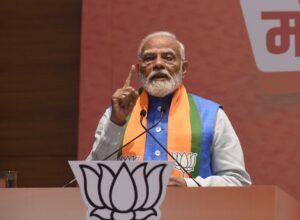Kazakh villages lead voluntary alcohol bans in grassroots movement
Community-led effort gains momentum to improve health, safety, and wellbeing
ASTANA, Kazakhstan (MNTV) — A growing number of villages in Kazakhstan are voluntarily banning alcohol sales in a grassroots movement focused on public health, safety, and the future wellbeing of local communities.
The movement has gained significant traction in regions like Mangistau, Akmola, Zhambyl, Karaganda, and Atyrau. In one notable example, a village in Mangistau released a video announcing their collective decision to halt alcohol sales.
Local councils, elders, and support from the prosecutor’s office, police, and local governments (akimats) have been instrumental in implementing the bans.
Local businesses have also responded by voluntarily removing alcohol from their shelves. Contrary to concerns about financial losses, many report no significant drop in revenue, with residents opting instead for healthier food and products for children.
Prosecutor General Berik Asylov recently highlighted the trend on his official X (formerly Twitter) account, noting that these initiatives are driven by citizens, not government mandates.
“When citizens take responsibility, reality itself changes,” he stated.
Authorities report visible improvements.
Asylov noted a decline in crime, domestic violence, and alcohol-related incidents.
More young people are also choosing sports and healthier lifestyles.
“This is a real-life demonstration of ‘law and order’—not through fear, but trust; not through punishment, but personal choice,” he remarked.
Official data shows a decrease in alcohol-related crimes nationwide.
In Aktobe, 33 villages across nine districts have stopped selling alcohol, while in Turkestan, 61 villages have followed suit. In Almaty’s Sunkar village, alcohol has been eliminated entirely from daily life.
Asylov reiterated that the General Prosecutor’s Office supports any community-driven initiative that fosters social harmony, respect for the law, and a shared vision for a better future.
“People value trust, stability, and peace. They inspire each other through personal examples,” he concluded.










